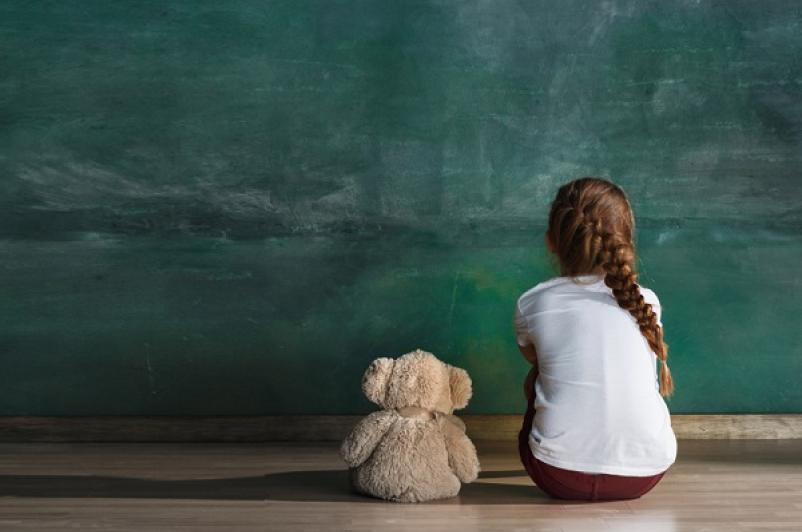

Loneliness, isolation can affect children’s mental health
May 22, 2023
Healthcare professionals have noted a sharp increase in mental health issues among both adults and children in the past couple of years, likely sparked by the COVID-19 pandemic and socioeconomic factors. Even before the pandemic, one in five American adults experienced mental illness.
May is Mental Health Awareness Month, a good time to take stock of our mental health as a country. The U.S. Surgeon General has declared a new public health epidemic in America: loneliness. A new report finds loneliness can have a profound effect on mental health, as well as posing other health risks as deadly as smoking up to 15 cigarettes a day. About half of U.S. adults say they have experienced loneliness, according to the Surgeon General in an 81-page report from his office. Millions of people in America are struggling in the shadows, he said, noting that he issued his advisory to pull back the curtain on a struggle that too many people are experiencing.
It is also noted that the pandemic and its lingering effects have taken a harsh toll on teenagers’ mental health, with almost 60 percent of teenage girls reporting feelings of persistent sadness or hopelessness, according to a government survey. More than 17,000 U.S. high school students were surveyed in Fall 2021. Sexual violence, suicidal thoughts, suicidal behavior and other mental health woes affected many teens, regardless of race or ethnicity.
Since 2006, the month of May has been designated as a time to acknowledge the importance of mental health. Positive mental health is essential for an individual’s well-being and for a child's healthy development from birth through adolescence. The intent of mental health awareness for children is to promote positive youth development and resiliency, and call attention to mental health service delivery for children, adolescents and their families.
“Parents and guardians should be aware that there has been a recent rise in mental health concerns in the pediatric population, probably worsened by the social isolation caused by the pandemic and the increase in social media use,” said Mary DeGuardi, MD, pediatrician at UHS
It is important for parents to know the warning signs, such as:
- Persistent sadness that lasts two weeks or more
- Withdrawing from or avoiding social and family interactions
- Hurting oneself or talking about hurting oneself
- Talking about death or suicide
- Outbursts or extreme irritability
- Out-of-control behavior that can be harmful to themselves or others
- Drastic changes in mood, behavior or personality
- Changes in eating habits
- Loss of weight
- Difficulty sleeping
- Frequent headaches or stomach-aches
- Difficulty concentrating
- Changes in academic performance
- Avoiding or missing school
What should you do if you suspect your child may be experiencing a mental health issue?
“First, consult your child's healthcare provider,” Dr. DeGuardi said. “Describe the behaviors that concern you. Talk to your child's teacher, close friends, relatives or other caregivers to see if they have noticed changes in your youngster’s behavior as well. Share this information with your child's provider.”
One of the most important messages you can convey to your child during times of loneliness or sadness is that you are there for them. Sadness itself can be a lonely emotion, especially if experiencing something very personal and individual. It helps to have support from someone who knows what you are going through. Talk about what helped you with your sad feelings. In the meantime, let your child know you will be there for them if they need extra hugs or snuggles, or if they need to cry.
If you have concerns about your child’s well-being at any time, contact a healthcare provider. For information about providers in your area, visit nyuhs.org. In the event of a critical medical emergency, always call 911. To find a provider or pediatrician, click here.

